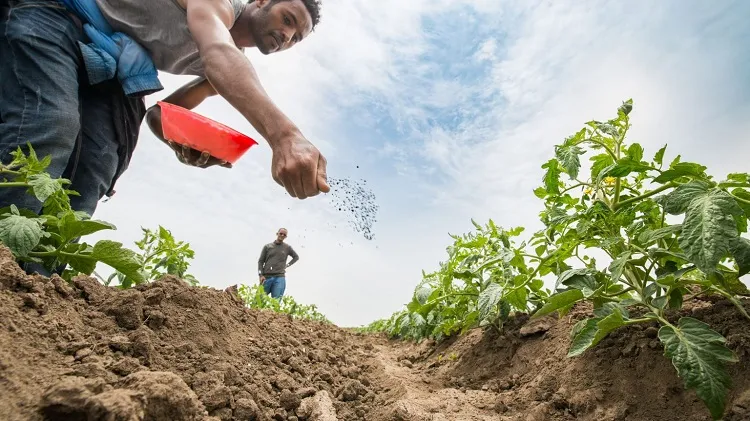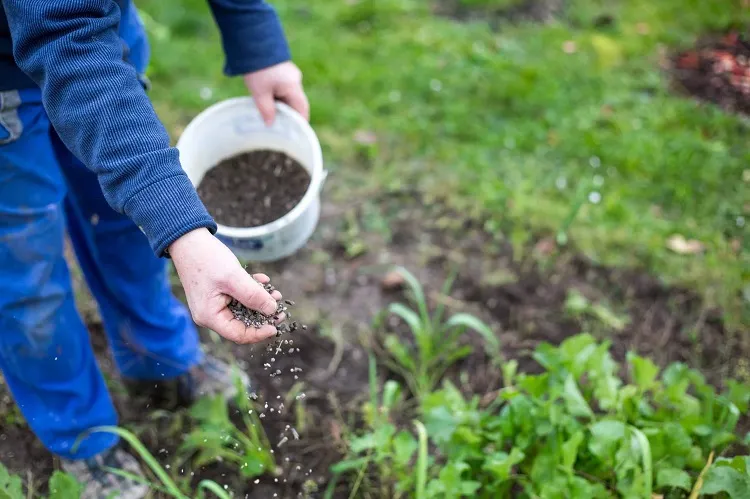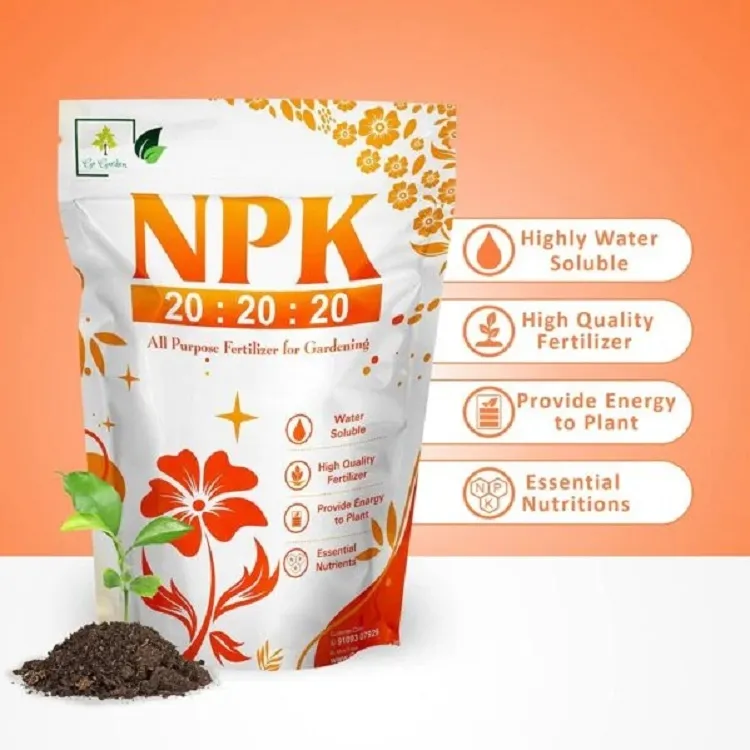Without the essential nutrients, which fertilizers provide, vegetables cannot grow fast and form an abundance of flowers and fruits. What criteria to use when choosing the right fertilizer? Can you prepare your own plants’ nutrition? Let’s also answer the question, what is the best fertilizer for vegetable garden with a variety of plants’ types, and some connected queries…
Should I Fertilize My Vegetable Garden?
Searching for the best fertilizer for vegetable garden is an important practice, which considerably impacts the health and productive ability of your plants. There are garden soils that are rich in vital substances and elements for plants, but yet they may not have all the needed nutrients in the proper ratios. Likewise, while vegetables grow and utilize nutrients, the soil’s fertility reduces over time. That’s why, applying fertilizers becomes vital in maintaining richness and the diversity of the elements and substances for plants’ feeding. Besides, different vegetables have unique nutrient requirements at various growth stages. There are plants, which are heavy feeders, and need a lot of elements and substances, at the same time, others can thrive with their lower levels. Applying the necessary nutrients at the proper time can increase plants’ development, improve their resistance to pests and diseases, and eventually increase the yield.
How Do I Choose the Best Fertilizer for Vegetable Garden?
In your attempt to choose the best fertilizer for vegetable garden, you should take in mind several things. The most important factors for this selection are the nutritious content, what type is the fertilizer, and which are the specific needs of your vegetables:
- Nutritious content: Fertilizers usually indicate three main nutrients on their packaging, described by the NPK ratio. N presents nitrogen, P – phosphorus, and K – potassium. These different elements play certain roles in vegetables’ development. Nitrogen is responsible for leafy green growth, phosphorus promotes root elongation and flowering, at the same time, potassium stimulates plants’ health and stability against diseases.
- Fertilizer’s type: These soil improvers can be divided in two groups, organic or synthetic, according to their origin. Organic ones are extracted from natural sources like compost, animal manure, bone meal, and fish emulsion. They release the nutrients slowly, benefiting the plants for a certain period of time. At the same time, synthetic fertilizers are artificially produced, and act providing with a fast nutrient supply, but this may result in soil depletion after some time if not utilized with care.
- Vegetables’ requirements: Crops differ in their nutritional needs. For instance, leafy greens like lettuce and spinach require higher concentrations of nitrogen, while root vegetables like carrots and beets benefit from more phosphorus content. Knowing the exact needs of your vegetable species will help you select the proper fertilizer with the necessary NPK ratio.
What is the Best NPK Fertilizer for Vegetables?
Selecting the best fertilizer of NPK type for your vegetable garden will be in connection with the development stage and the kind of plants you are growing:
- For general-purpose: It is good for a vegetable garden with a variety of plants. This can be a balanced NPK fertilizer with ratio like 10-10-10 or 20-20-20. It contains equal parts of nitrogen, phosphorus, and potassium, which releases a balanced ratio of nutrients, stimulating the vegetables’ growth.
- Nurture for leafy greens: Vegetables like lettuce, kale, and spinach grow fast when the amount of nitrogen rises. Choose from two variants with NPK ratio of 3-1-2 or 5-1-1, which boost strong leafy growth.
- For growing root crops: Vegetables of this kind, such as carrots, potatoes, and radishes, need more phosphorus for strong root growth. Search for a fertilizer with an NPK ratio of 2-3-3 or similar content.
- Feeding fruit-bearing crops: Vegetables of this type are tomatoes, peppers, and cucumbers, and they need a balanced fertilizer with ratio like 10-10-10 or 20-20-20 during their initial growth. From the moment they begin to flower, switch to a formula with increased level of phosphorus, like ratio 5-10-10, to nourish the growing fruits.
Can I Make My Own Fertilizer for My Vegetable Garden?
The idea to prepare your own fertilizer will not only save you money, but is also beneficial for a cleaner environment:
Compost: It is prepared by composted kitchen scraps, yard waste, and other organic materials in a rich in nutrients humus. Compost enhances the structure of soil, increases water retention, and provides the plants with a continuous source of nutrients.
Manure: Well-aged animal manure from cow, sheep, horse, or chicken can be an ideal supply with organic nutrients. You should only ensure that it is entirely composted before utilizing it, not to allow “burning” your plants with high concentration of nitrogen.
Fish emulsion: It can be prepared at home by blending fish scraps with water. This mixture contains an abundance of nitrogen and other micro elements, which is great for growing leafy greens and other nitrogen-loving vegetables.
Read also: Organic Fertilizers for Vegetables: Feed Your Plants in the Garden with Natural Fertilizers!
And: How to Use Fall Leaves As Fertilizer & Compost in the Garden?




